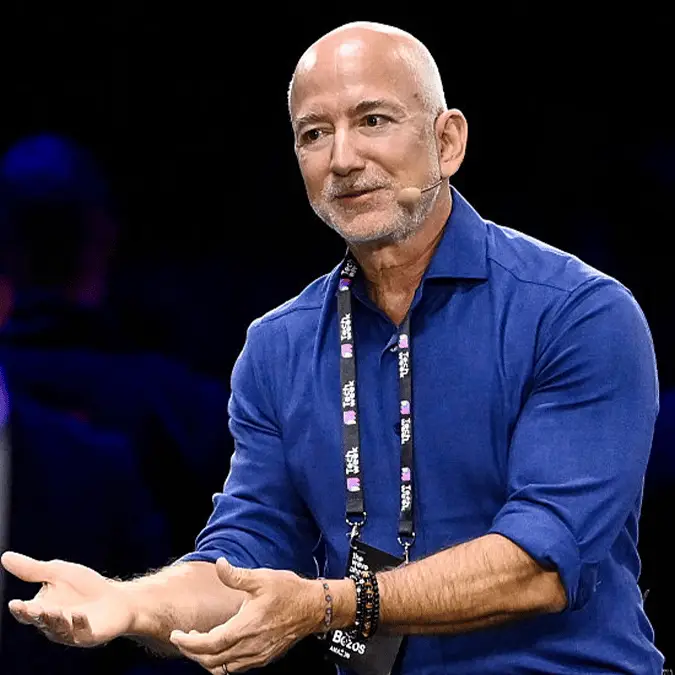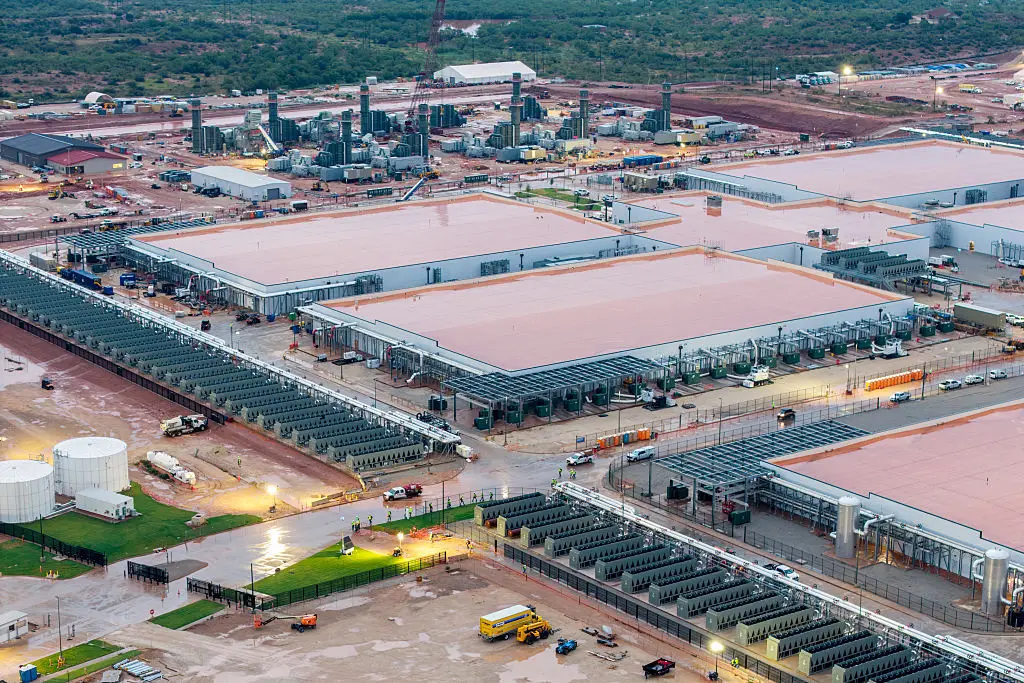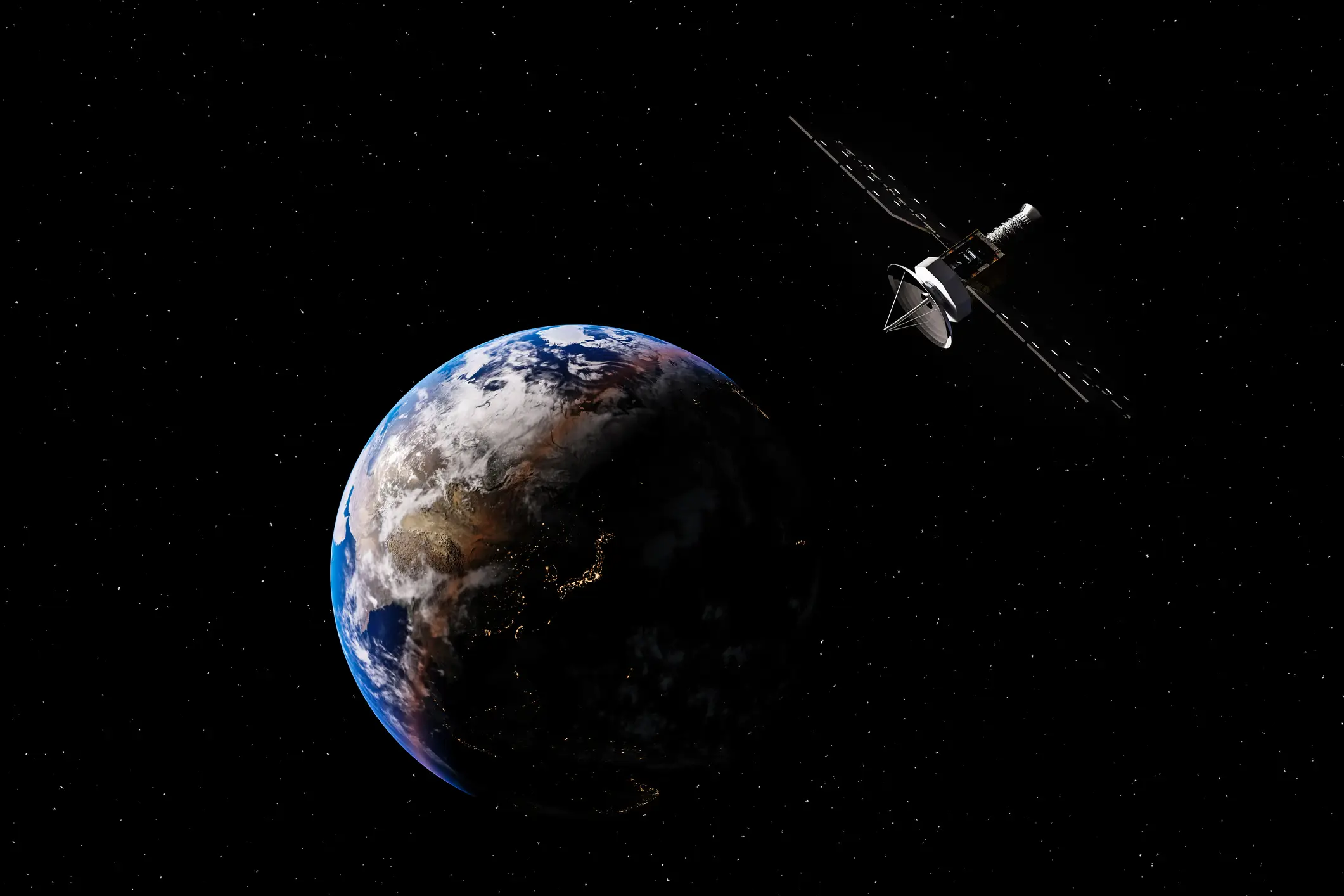
Jeff Bezos has outlined an unexpected prediction for the future of AI development, and it could play a key role in curbing the accelerating demand for the technology.
There is no doubt that artificial intelligence is taking over the world, and while some have claimed that it's all a big bubble waiting to be popped, the numbers certainly can't be denied.
All that demand has to be met with an equal about of supply though – and that's power in the case of AI – and many of the world's biggest companies are scrambling to open up data centers that help provide that.
These aren't without their issues though, as while on the side of the companies they're expensive and can be slow to construct, whereas for everyone else they can be incredible invasive to the lives of local residents, bump up electricity costs, and pose a serious climate threat to the future of the planet if you go by the already staggering environmental impact of AI tools.
Advert

Amazon founder Jeff Bezos believes that he has found a solution to this problem though, outlining a shocking prediction for the future in a new interview as part of the Italian Tech Week in Turin.
As reported by the New York Post, Bezos outlined that he believes that AI companies will turn to space to build their data centers in the future, with gigawatt-scale facilities possible within the next 10 to 20 years.
While this might seem like a wild and improbable idea at first glance, it does technically make sense thanks to the amount of solar power that a structure like this in space would generate, thanks to the conditions and more direct exposure to the Sun.
"These giant training clusters, those will be better built in space, because we have solar power there 24/7," Bezos explained. "There are no clouds and no rain, no weather. We will be able to beat the cost of terrestrial data centers in space in the next couple of decades."

This would hypothetically forgo much of the immediate impact of data centers on Earth, as it wouldn't be drawing from any resources and would be powered entirely through clean and renewable energy.
Something similar has already been achieved with weather and telecommunications satellites – of which Bezos has recently invested in heavily with his space agency Blue Origin – and it could serve as the perfect opportunity change how AI is powered.
Unfortunately it wouldn't be without any downsides though, as it would be unpredictable on this scale, potentially costly to launch, and likely challenging to maintain due to the difficulty of getting engineers to and from the data center itself.
